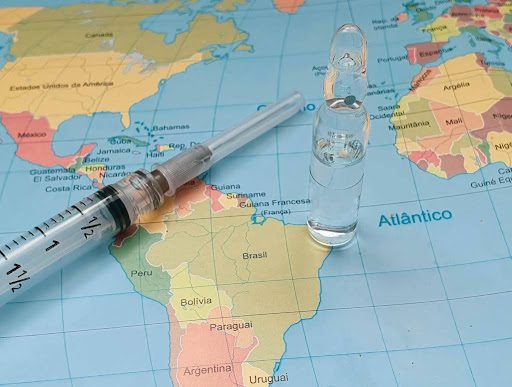When exploring new destinations, it’s easy to overlook the small but essential details that keep us safe. Vaccinations are a key part of travel preparation, especially when venturing to regions where certain diseases are prevalent. Understanding the basics of travel vaccinations can ensure a smoother journey and help you focus on making memories, not managing medical issues.
Here’s a quick guide on what to know, plan, and prepare when it comes to travel vaccinations.
1. Why Vaccinations Matter for Travelers
Different regions around the world have unique climates, ecosystems, and public health challenges that can expose travellers to diseases not commonly found in their home countries. Vaccines act as a proactive shield, helping your body build immunity to these diseases. By getting vaccinated, travellers not only protect themselves but also contribute to global health by preventing the spread of infectious diseases.
2. Core Vaccinations for All Travelers
Certain vaccines are recommended regardless of destination, especially for those who are travelling frequently. These include:
- Hepatitis A and B: Commonly transmitted through contaminated food and water or bodily fluids.
- Tetanus-Diphtheria-Pertussis (Tdap): Protects against tetanus, a bacterial infection from cuts or wounds, and pertussis (whooping cough), which is highly contagious.
- Measles, Mumps, Rubella (MMR): Highly recommended, as outbreaks of these diseases can occur unexpectedly around the world.
3. Destination-Specific Vaccines
Some destinations require specific vaccinations. Here are a few examples:
- Yellow Fever: Required for travel to parts of Africa and South America, yellow fever vaccination is mandatory for entry in some countries. Proof of vaccination may be requested upon entry.
- Typhoid: Particularly recommended for regions in Africa, Asia, and Latin America where sanitation standards vary, typhoid is transmitted through contaminated food and water.
- Japanese Encephalitis: Common in rural parts of Asia and spread by mosquitoes, this vaccine is recommended for those travelling extensively in areas where the disease is common.
- Malaria Prevention: Although there is no vaccine, malaria prevention through medication is essential in many tropical and subtropical regions.
4. Timing Your Vaccinations
Vaccines don’t offer immediate protection. Some may require a series of doses, with the last dose needed several weeks before your trip for full immunity. Plan to get your travel vaccinations at least 4-6 weeks before departure. If you’re heading to multiple destinations with varying health risks, consult a travel clinic or health professional to ensure you receive all necessary vaccines in a timely manner.
5. Keeping Documentation Handy
Certain countries require proof of vaccination, especially for yellow fever, as part of their entry requirements. Carry an International Certificate of Vaccination or Prophylaxis (ICVP) to avoid any issues at border crossings. Having digital copies or photos of your vaccination records can also be helpful in case you need to present them on the go.
6. Travel Insurance and Health Care Access
Consider that some travel insurance providers require proof of recommended vaccinations for coverage of certain medical expenses. Health facilities may vary widely between countries, so it’s wise to verify that your destination has accessible health services in case of emergency.
7. Final Tips for Staying Healthy While Traveling
- Practice food and water safety: Stick to bottled or purified water and avoid street food in high-risk areas.
- Use insect repellent and wear protective clothing in areas with mosquito-borne diseases.
- Wash your hands frequently, especially before meals, and carry hand sanitiser for situations where soap and water aren’t available.
By taking a few proactive steps, you can enhance your travel experience and explore new places with peace of mind. Remember that travel health preparation isn’t just about avoiding illness, it’s about investing in a journey that’s safe, enjoyable, and memorable.

